Search the Special Collections and Archives Portal
Search Results

man000619-029
Text
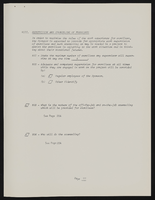
man000619-030
Text
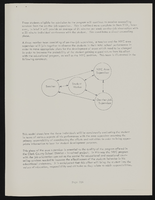
man000619-031
Text
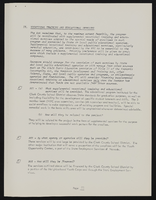
man000619-032
Text
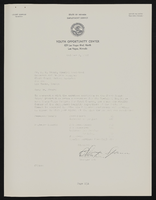
man000619-033
Text
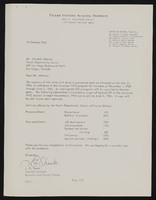
man000619-034
Text
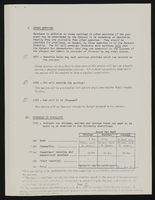
man000619-035
Text
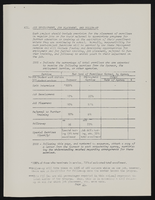
man000619-036
Text
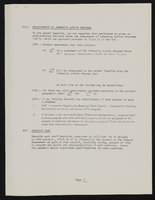
man000619-037
Text
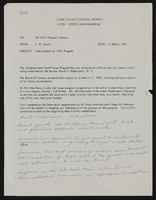
man000618-001
Text
Pagination
Refine my results
Content Type
Creator or Contributor
Subject
Archival Collection
Digital Project
Resource Type
Year
Material Type
Place
Language
Records Classification
